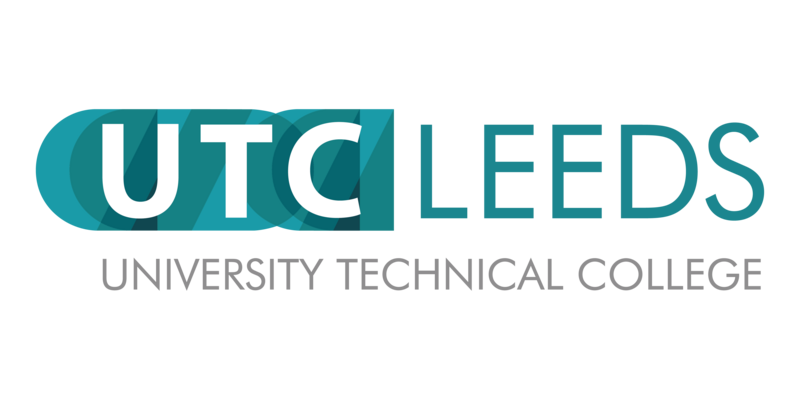
Equivalent to three A Levels. T-Level Digital Support Services provides students with the skills and knowledge needed for a career in IT support and services. The course covers areas such as network systems, cybersecurity, digital infrastructure, and troubleshooting. Students will learn to manage and support IT systems, ensuring they run efficiently and securely. Through practical experience and industry placements, students gain hands-on skills, preparing them for roles in IT support, network administration, and technical services, or progression to higher education in digital and IT fields.
Five GCSEs including English and Maths at Grade 4 or above.
The T-Level Digital Software Development is assessed through: 1. Core Written Exam: Tests knowledge of programming, software principles, and IT systems. 2. Practical Project: A hands-on assessment where students develop and test software. 3. Industry Placement: A minimum of 315 hours in a real-world setting, applying skills in software development. These assessments combine theoretical and practical learning.
About Education Provider
| Region | Yorkshire and the Humber |
| Local Authority | Leeds |
| Ofsted Rating | Good |
| Gender Type | Co-Educational |
| Address | 2 Sayner Road, Hunslet, Leeds, LS10 1LA |
Equivalent to three A Levels. T-Level Digital Support Services provides students with the skills and knowledge needed for a career in IT support and services. The course covers areas such as network systems, cybersecurity, digital infrastructure, and troubleshooting. Students will learn to manage and support IT systems, ensuring they run efficiently and securely. Through practical experience and industry placements, students gain hands-on skills, preparing them for roles in IT support, network administration, and technical services, or progression to higher education in digital and IT fields.
Five GCSEs including English and Maths at Grade 4 or above.
The T-Level Digital Software Development is assessed through: 1. Core Written Exam: Tests knowledge of programming, software principles, and IT systems. 2. Practical Project: A hands-on assessment where students develop and test software. 3. Industry Placement: A minimum of 315 hours in a real-world setting, applying skills in software development. These assessments combine theoretical and practical learning.